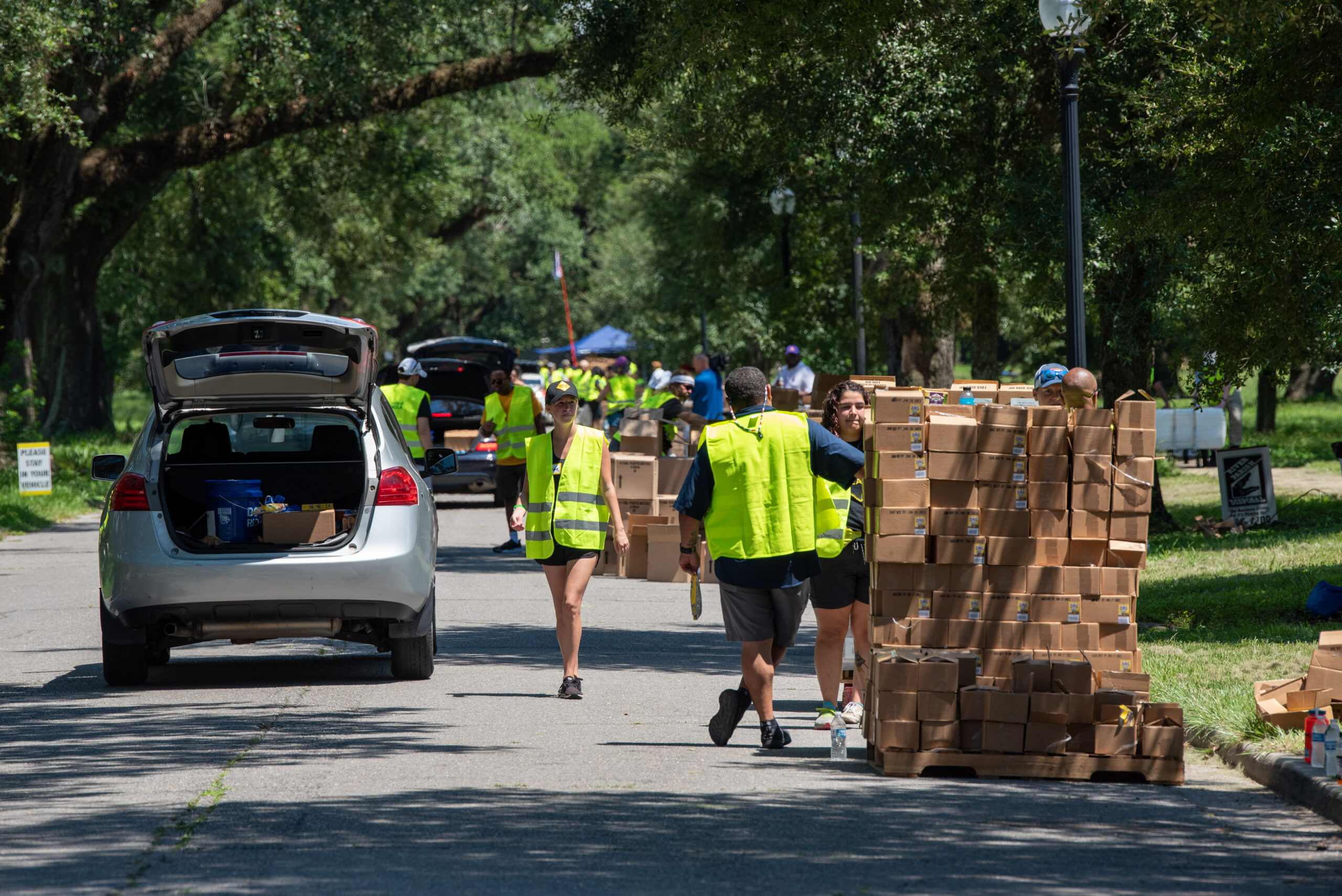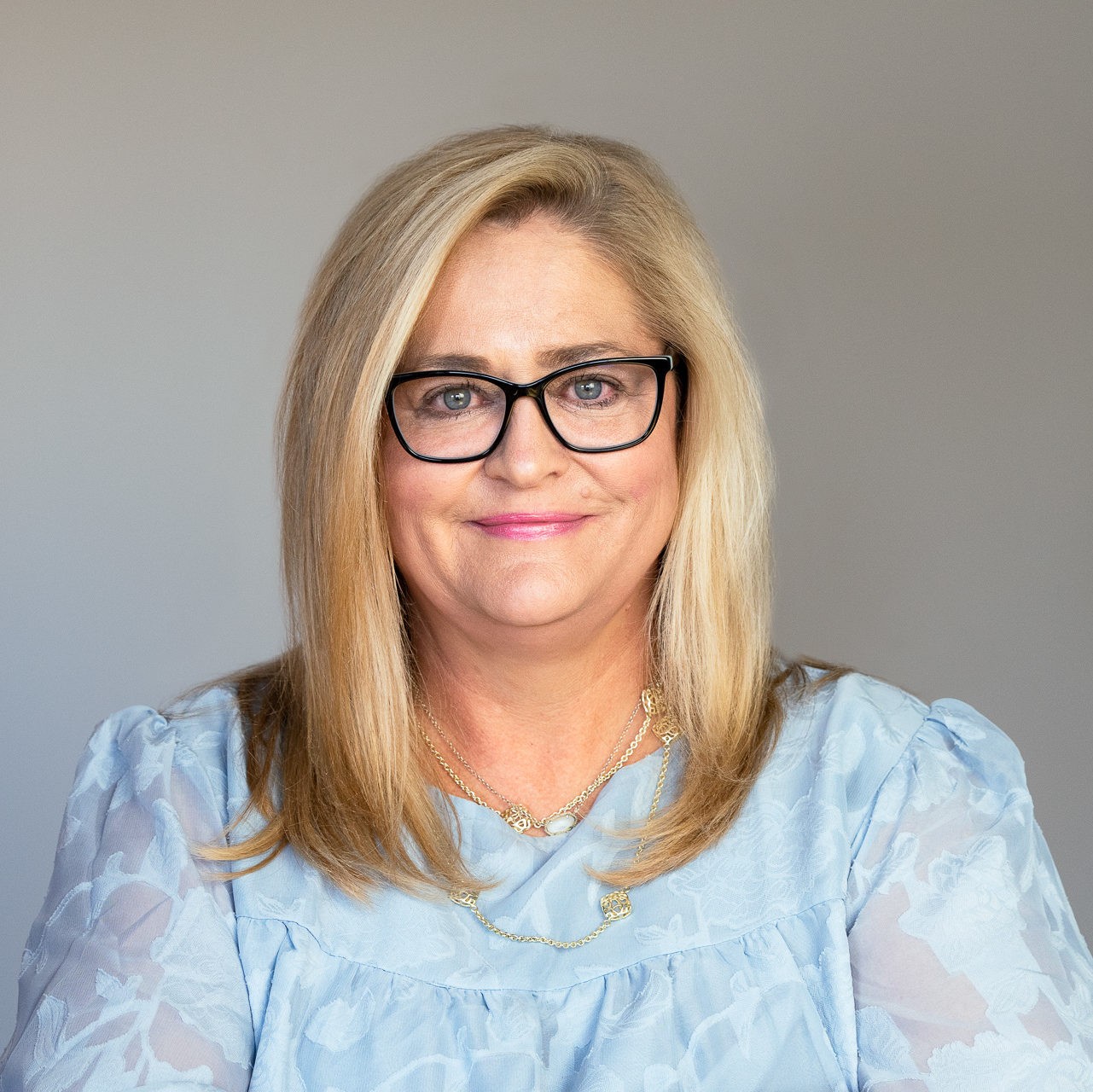CDP Atlantic Hurricane Season grants support recovery from 2020 and 2021 storms

At the Center for Disaster Philanthropy, we typically focus our grantmaking on medium to long-term recovery needs rather than on addressing immediate response and relief following a disaster. Our experience tells us that a significant amount of money is typically raised and distributed immediately after we first learn of a tragedy. However, recovery takes a long time – often years or more – and we want to be there to help for the long term.
Our focus on the phases of a disaster beyond immediate relief means that our first rounds of funding are often made three to six months after an event, and final grants are made a year or two later (or even longer) to help sustain an equitable recovery process.
This long-term focus is why we recently awarded $860,000 from the CDP Atlantic Hurricane Season Recovery Fund to help support recovery and sustain marginalized communities affected by storms that hit the United States in 2020 and 2021.
In 2020, southwest Louisiana was inundated by multiple storms, including Hurricane Laura, one of the largest ever to hit the state. Though recovery from such devastation often takes years, the layered trauma brought on by the COVID-19 pandemic and multiple hazards affecting the state in quick succession made recovery even more complex and slow. In 2021, Hurricane Ida slammed into Louisiana as a Category 4 storm, causing additional destruction and further complicating recovery.
Following a shoe-leather philanthropy tour through the area last summer, where I still saw tarps on roofs and boarded-up homes and businesses, we knew we needed to do more to help. We awarded the following grants to support hurricane recovery in Louisiana.
2020 hurricane season grant
SBP of Southwest Louisiana received $275,000 to support the continuation of its post-Hurricane Laura resilient rebuilding and long-term recovery efforts in hard-hit communities throughout Southwest Louisiana. This support allows SBP to lead long-term recovery efforts, serving approximately 39 additional families through 2023.
2021 hurricane season grants
Bayou Community Foundation received $150,000 to repair and build new homes for Hurricane Ida survivors in Terrebonne, Lafourche and Grand Isle, who were most affected by the hurricane and under-resourced, allowing them to return to safe and sanitary homes.
Center of Hope for Tangipahoa received $200,000 to provide capacity for the long-term recovery group as it identifies and assists residents of Tangipahoa and St Helena Parishes with unmet needs due to Hurricane Ida.
Culture Aid NOLA received $50,000 to fund “July Supply,” a hurricane season preparedness event for the families of New Orleans. With collaborative partners, Culture Aid NOLA distributed kits of supplies such as flashlights, batteries, shelf-stable foods and bottled water that can be stored at home until needed in the event of a storm.
ToolBank USA received $100,000 to establish a long-term recovery program in New Orleans to support rebuild and repair projects in several parishes affected by Hurricane Ida. ToolBank lends tools to local organizations supporting recovery for under-resourced, marginalized populations in the area.
VIA LINK New Orleans received $85,000 to provide access to quality data about the pace of recovery, what needs residents have, and what resources are available to them so that local agencies can optimize how they allocate resources.
What’s next?
Now, we turn our attention to those communities just beginning recovery from the storms that caused devastation in 2022, like Hurricanes Fiona, Ian and Nicole. We are currently wrapping up our assessment of needs in the areas most affected. We will soon begin awarding grants to support recovery in Puerto Rico, the Dominican Republic, Florida and beyond.
